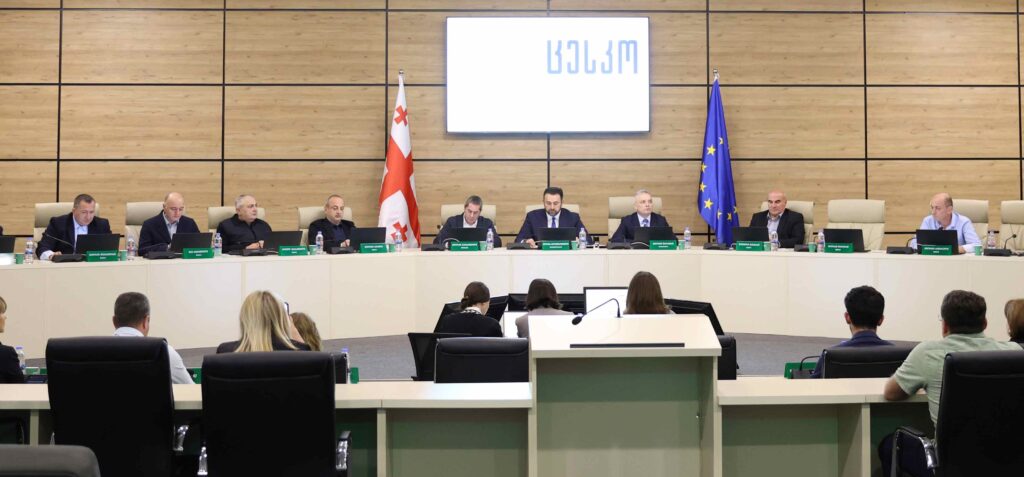Georgia's Central Election Commission (CEC) summarized the results of the October 4 local elections at October 16 session, with district election commissions having compiled results from municipalities across the country. The outcomes reveal Georgian Dream's overwhelming control of local governance structures throughout Georgia's territory.
In the capital Tbilisi, incumbent Mayor Kakha Kaladze secured re-election with 215,363 votes — 71.6% of the total — out of 324,798 ballots cast.
More significantly, Georgian Dream won all 25 single-mandate (majoritarian) council seats in Tbilisi, while securing 20 of 25 proportional seats. Opposition parties received minimal representation: Strong Georgia-Lelo won 2 seats, Girchi took 2, and Conservatives for Georgia gained one seat in the proportional vote.
The ruling party's complete sweep of majoritarian races in Tbilisi —traditionally considered an opposition stronghold — mirrors patterns emerging from local elections across Georgia, raising concerns about the state of democratic competition in the South Caucasus nation.
Nationwide implementation of results
According to CEC protocols available on the commission's website, the authority of newly elected mayors and council members nationwide will commence on October 29.
The Central Election Commission has issued a decree convening the first sessions of all municipal representative bodies (Sakrebulos) elected on October 4 for October 30 at 11:00 throughout Georgia's territory.
CEC Chair Giorgi Kalandarishvili will personally open the first session of the Tbilisi City Council, while in the regions, sessions will be opened by respective district election commission chairs.
Democratic concerns mount
CEC Chair Kalandarishvili thanked voters, observers, and international vendor company Smartmatic, whose technology was used for the second time in Georgian elections.
However, the results come as Georgia faces increasing international scrutiny over its democratic trajectory.
The Georgian Dream government has implemented policies critics say align the country closer to Moscow and away from its stated European integration goals.




